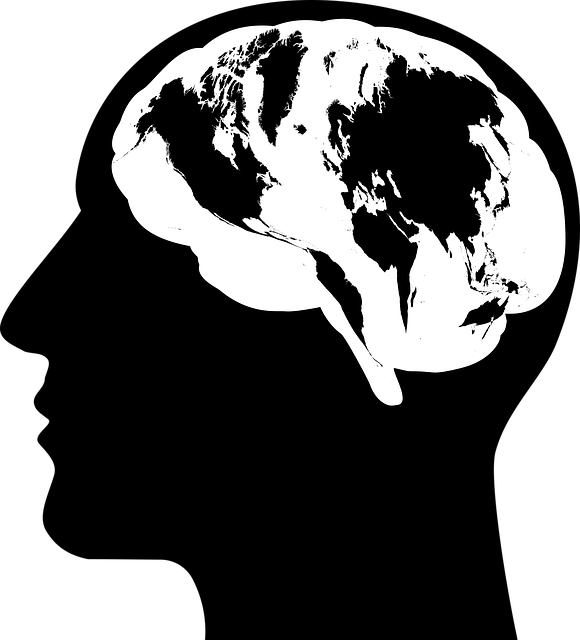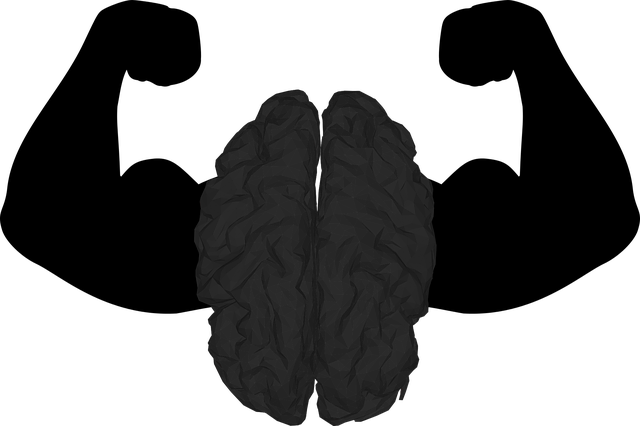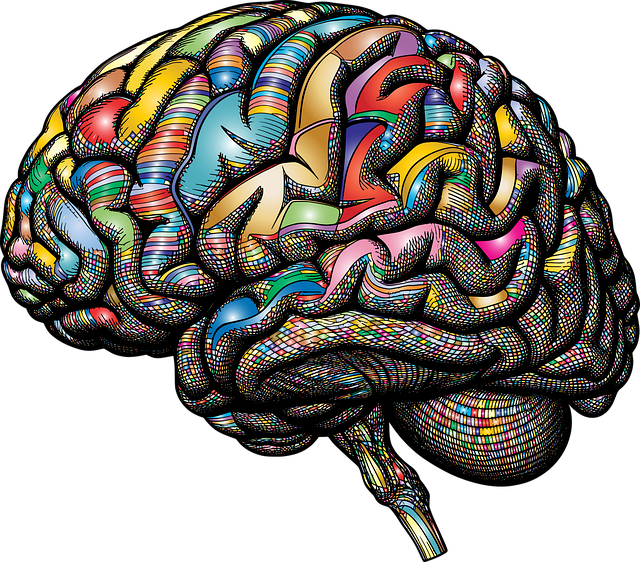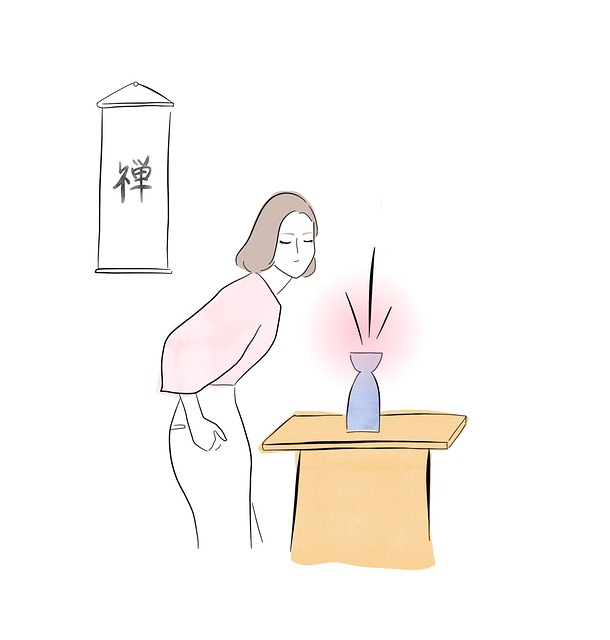In mental healthcare, cultural diversity is crucial for effective treatment. The Castle Rock Cognitive Processing Therapy (CRCPT) adapts to cultural differences, respecting clients' values and beliefs, which vary in expressions of mental illness. This approach builds trust, customizes self-care, and incorporates culturally relevant practices, fostering community support systems. CRCPT, combined with advocacy for culturally responsive policies and public awareness campaigns, enhances care quality and equity, ensuring personalized mental healthcare accessible to all, regardless of cultural heritage.
In today’s diverse society, cultural sensitivity is paramount in mental healthcare. Understanding cultural diversity shapes effective therapeutic practices, fostering inclusive environments that promote better outcomes. This article explores these nuances, focusing on the impact of cultural sensitivity and highlighting innovative approaches like Castle Rock Cognitive Processing Therapy (CRCPT), a culturally responsive treatment method. We’ll also delve into practical strategies for professionals to incorporate cultural awareness into their practices.
- Understanding Cultural Diversity in Mental Healthcare
- The Impact of Cultural Sensitivity on Therapeutic Outcomes
- Castle Rock Cognitive Processing Therapy (CRCPT): A Culturally Responsive Approach
- Strategies for Incorporating Cultural Sensitivity in Practice
Understanding Cultural Diversity in Mental Healthcare

In the realm of mental healthcare, recognizing and embracing cultural diversity is a cornerstone of effective treatment. The world is home to a vast array of cultures, each with its own unique traditions, beliefs, and practices that shape individuals’ perceptions of health and well-being. For instance, Castle Rock Cognitive Processing Therapy (CRCPT) can be tailored to incorporate these cultural nuances, ensuring that therapy aligns with clients’ personal and community values. Understanding that mental illness manifests differently across cultures is crucial; what works for one person might not resonate with another due to their background.
By integrating cultural sensitivity into practice, therapists facilitate a deeper connection with clients from diverse backgrounds. This approach promotes trust and openness, enabling individuals to share their experiences freely. For example, when working with communities that prioritize collective well-being over individual expression, therapists can adapt emotional healing processes to emphasize community support systems. Similarly, self-care practices can be culturally tailored to include rituals or activities that enhance emotional regulation while respecting each client’s specific cultural context.
The Impact of Cultural Sensitivity on Therapeutic Outcomes

Cultural sensitivity plays a pivotal role in shaping therapeutic outcomes in mental healthcare. By recognizing and understanding the diverse cultural backgrounds, beliefs, and values of clients, mental health professionals can create more effective treatment plans tailored to individual needs. This nuanced approach, such as Castle Rock Cognitive Processing Therapy (CRCPT), fosters better engagement and trust between therapists and clients from different cultures.
Incorporating cultural sensitivity into practice goes beyond mere understanding; it involves adapting assessment tools, communication styles, and therapeutic techniques to respect and honor diverse perspectives. This not only enhances the quality of care but also promotes equity in mental healthcare access. As emphasized in Mental Health Policy Analysis and Advocacy, culturally sensitive practices contribute to reducing disparities, ensuring that all individuals, regardless of their cultural heritage, receive effective and compassionate mental health services. Effective risk assessment for mental health professionals also considers these cultural nuances, enabling practitioners to navigate complex ethical landscapes sensitively and competently.
Castle Rock Cognitive Processing Therapy (CRCPT): A Culturally Responsive Approach

The Castle Rock Cognitive Processing Therapy (CRCPT) is a notable approach that exemplifies cultural sensitivity in mental healthcare practice. By integrating principles from cognitive processing therapy with a deep understanding of diverse cultural contexts, CRCPT offers a tailored and inclusive treatment modality. This therapy recognizes that individuals’ experiences and perceptions are shaped by their cultural identities, which can significantly influence how they process traumatic events and seek support. As such, it adapts traditional cognitive processing techniques to accommodate different cultural beliefs, values, and communication styles, fostering a sense of comfort and trust essential for effective therapy.
CRCPT’s culturally responsive approach enhances the therapeutic alliance, boosting clients’ confidence in sharing personal experiences and engaging actively in their mental wellness coaching. This personalized experience extends beyond individual therapy sessions; it forms a solid foundation for organization-wide practices, including stress management workshops. By adopting CRCPT principles, mental health organizations can develop comprehensive programs that address cultural sensitivity, ensuring that services are accessible, effective, and aligned with the diverse needs of their communities.
Strategies for Incorporating Cultural Sensitivity in Practice

Incorporating cultural sensitivity into mental healthcare practice involves a multifaceted approach. One key strategy is to Castle Rock Cognitive Processing Therapy, which encourages therapists to understand and respect clients’ cultural contexts, beliefs, and values. This therapeutic method facilitates open communication and builds trust between therapist and client, ensuring that treatment aligns with the individual’s cultural identity.
Additionally, training in Mental Health Policy Analysis and Advocacy can equip professionals with knowledge about diverse communities’ unique mental health challenges and service gaps. This enables them to advocate for culturally responsive policies and resources. Public awareness campaigns focused on promoting positive thinking and destigmatizing mental illness within different cultural groups further contribute to a more inclusive healthcare environment.
In conclusion, cultural sensitivity is an indispensable aspect of mental healthcare practice. By understanding and appreciating cultural diversity, therapists can significantly enhance therapeutic outcomes. The article has explored various strategies, including Castle Rock Cognitive Processing Therapy (CRCPT), which offers a culturally responsive approach to address the unique needs of diverse populations. Embracing these methods enables professionals to provide more effective and inclusive care, ensuring that everyone receives the support they need on their journey towards mental well-being.














